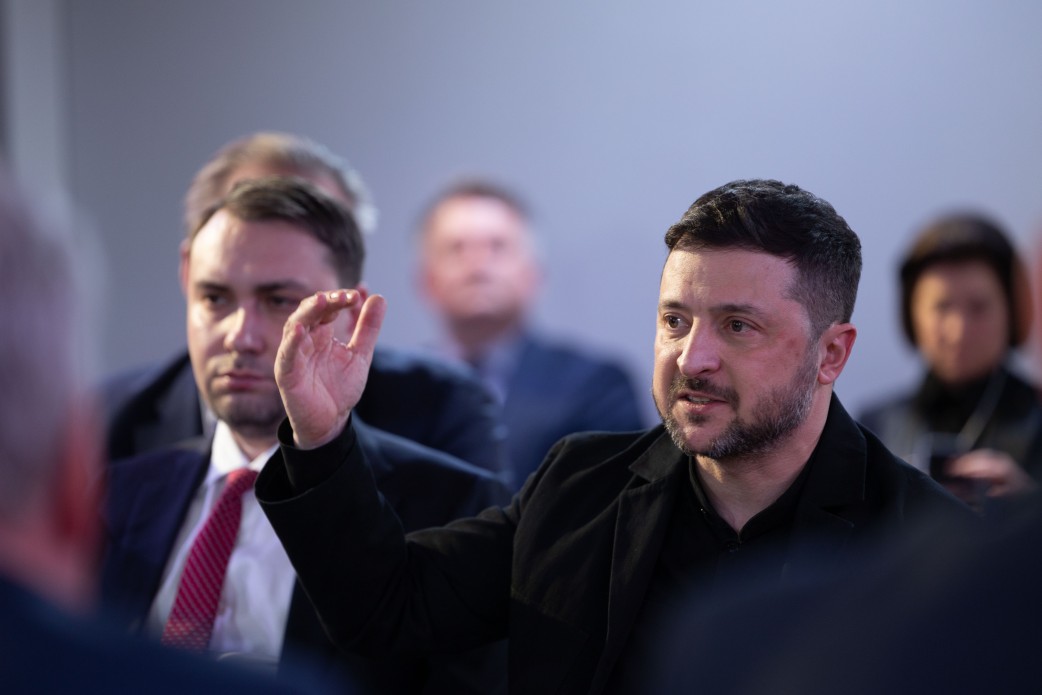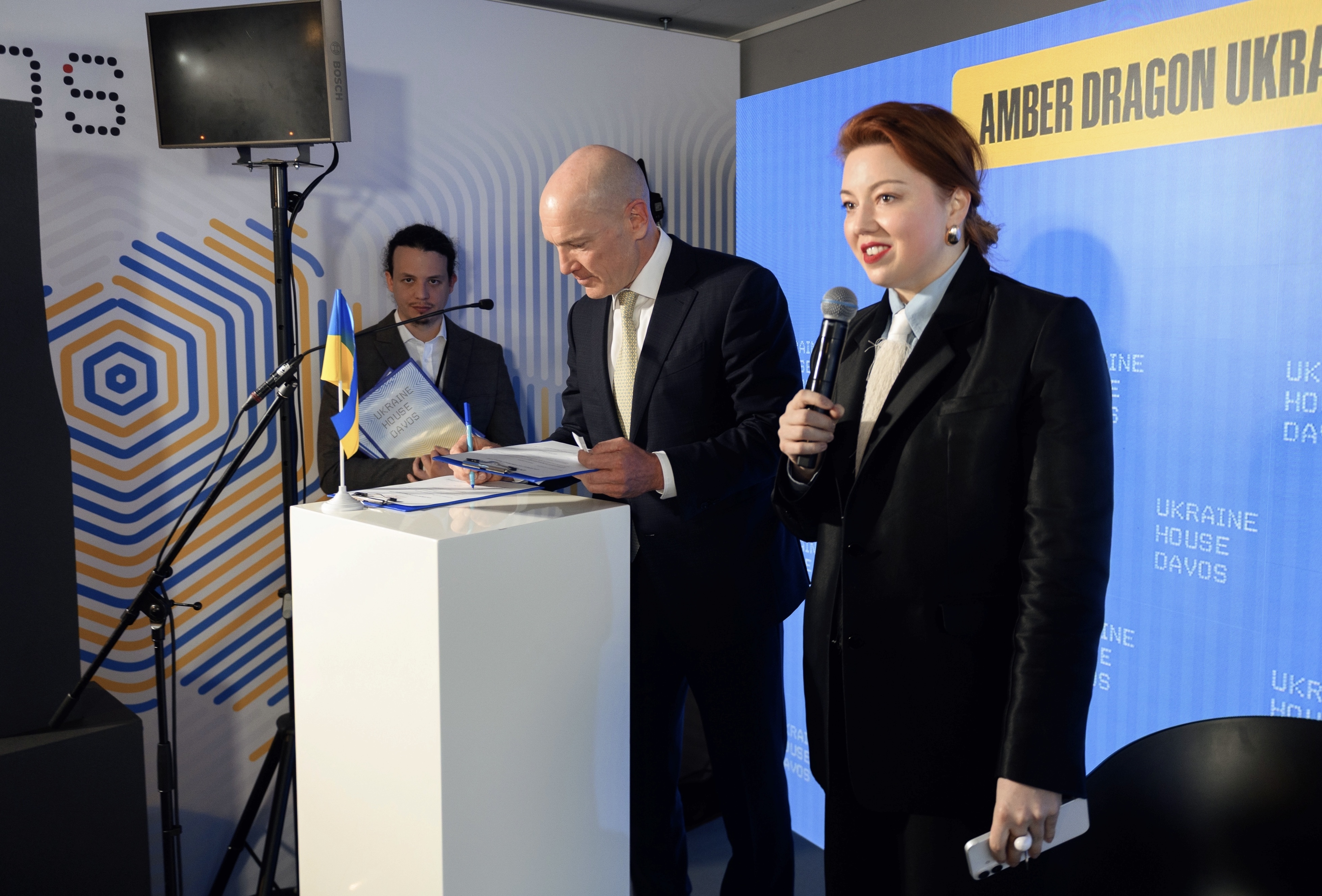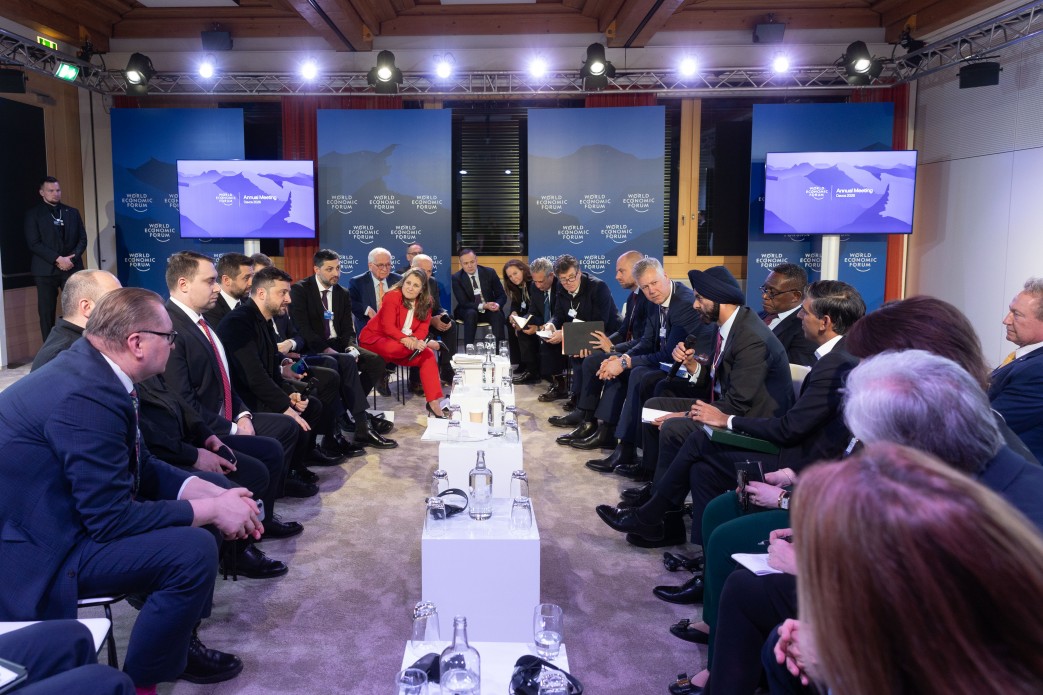By Vladislav Inozemtsev, Doctor of Economics, co-founder of the European Center for Analysis and Strategies Exclusively for Kremlin Without a Roof
The lavish receptions and ceremonial summits in China have concluded—and it is probably worth summing up the past week. Although many in the West were once again alarmed by the consolidation of the “Global South,” I see nothing catastrophic in what is happening.
First of all, it should be noted that this consolidation is not happening “for” anyone, but rather “against”—or more precisely, out of a certain caution. The authorities of many states objectively fear the unpredictability of the West (sanctions, tariffs, unilateral actions) and therefore demonstrate solidarity. At the same time, they have no positive program of action (beyond economic cooperation), and Chairman Xi offered no more than a new version of globalization, emphasizing the basic principles of peaceful coexistence. China is not ready for confrontation with the West and does not intend to “take sides” for any of the guests (it remains the only major power that for more than half a century [!] has not signed mutual defense treaties with any country in the world). Of course, as long as the U.S. imposes higher tariffs on trade with third countries or threatens sanctions for attempts to create payment systems outside the dollar zone, peripheral countries will seek ways to interact without regard to the West. However, this does not make these new groups alliances or coalitions—no joint actions that could concern Europe or the U.S. (apart from a mass of declarations) have been undertaken by China and its partners so far.
Moreover, all of China’s “allies” are not even countries receiving “poverty aid” from Beijing, but those selling it various resources and raw materials (their imports into China have grown nearly twelvefold over the past 20 years). Russia is no exception in this regard: the latest step in finalizing “Power of Siberia-2” only underscores that over the past decade it has transformed from a raw material appendage of Europe into a raw material appendage of China. And here one cannot help but ask: what will happen if the Chinese economy faces a crisis and resource consumption drops significantly? Will today’s courteous friends turn into ruthless competitors, eager to push their goods at any discount ahead of everyone else? And the likelihood of such a crisis, by the way, is directly linked to how acceptable and correct China’s relations with North America and Europe remain—the destinations for the bulk of its final exports (there’s no need to dwell on Hong Kong and Vietnam—they receive intermediate products, but the final destination is still the West). Furthermore, the “consolidation” of the periphery in response to Western actions demonstrates that the world today remains “West-centric.”
It does not seem to me that the U.S. and Europe should be overly concerned about what is happening in the “Global South.” Their task is not to try to oppose it, but to preserve their own principles, institutions, and identity. And if problems continue to grow on this front, no SCO or BRICS will be required for the West’s influence to be lost…




















